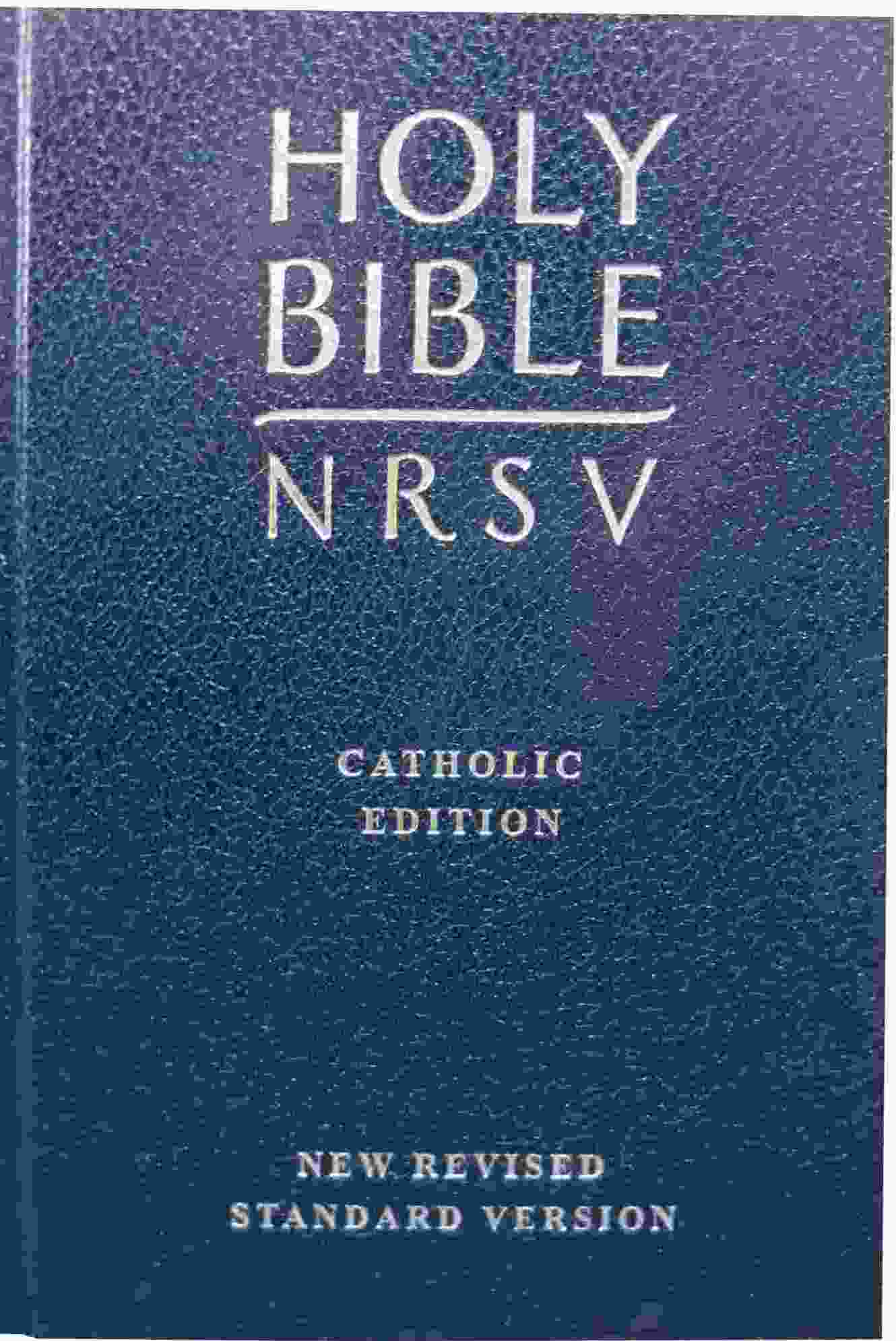What Is The Second Book Of The Bible: A Comprehensive Guide
The second book of the Bible, known as Exodus, is a foundational text in both the Judeo-Christian tradition and Western literature. This book narrates the story of the Israelites' liberation from slavery in Egypt, the giving of the Law at Mount Sinai, and the establishment of a covenant between God and His people. Exodus serves not only as a historical account but also as a theological blueprint for understanding God's relationship with humanity.
Understanding Exodus is essential for anyone interested in biblical studies, theology, or the historical context of the faith. This article will delve deeply into the book of Exodus, exploring its themes, structure, and significance, as well as providing related data and statistics that underscore its importance. By the end of this comprehensive guide, you will have a clearer understanding of what Exodus entails and why it matters.
In this article, we will cover various aspects of Exodus, including its authorship, key events, significant characters, and its impact on both religious practices and cultural narratives. Whether you are a scholar, a believer, or simply curious about one of the most influential texts in history, this guide aims to provide valuable insights and information.
Table of Contents
- 1. Overview of Exodus
- 2. Authorship and Historical Context
- 3. Key Themes in Exodus
- 4. Major Characters
- 5. Structure of the Book
- 6. Theological Significance
- 7. Exodus in Contemporary Culture
- 8. Conclusion
1. Overview of Exodus
Exodus forms the second part of the Pentateuch, the first five books of the Bible traditionally attributed to Moses. The book itself is a narrative that recounts the Israelites' journey from slavery in Egypt to their eventual freedom and covenant with God. It is divided into two main sections: the first focuses on the liberation from Egypt, while the second deals with the establishment of laws and rituals that would govern the community.
2. Authorship and Historical Context
The authorship of Exodus, like much of the Pentateuch, is traditionally ascribed to Moses. However, modern biblical scholarship often debates this claim, suggesting that the text may have been compiled from various sources over centuries. The historical context of Exodus is vital to understanding its messages, as it reflects the struggles of the Israelites during their enslavement and their journey toward a promised land.
2.1 Historical Background
Exodus is set in the context of ancient Egypt, specifically during a time when the Israelites were oppressed as slaves. This period is believed to correspond with various historical events, including the rise of the New Kingdom in Egypt. The narrative's unfolding reflects the socio-political dynamics of the era.
2.2 Scholarly Perspectives
Various scholars have approached the text from different angles, examining its literary structure, historical accuracy, and theological implications. Most agree that while Exodus is a historical narrative, it also serves as a theological document aimed at conveying deeper spiritual truths about God's nature and His relationship with humanity.
3. Key Themes in Exodus
Several prominent themes emerge in the book of Exodus, which include:
- Deliverance: The primary narrative arc of Exodus is the liberation of the Israelites from Egyptian bondage.
- Covenant: The establishment of a covenant between God and His people is a central theme, marked by the giving of the Ten Commandments.
- Faith and Obedience: The Israelites' journey reflects their faith in God and the importance of adhering to His commands.
- Identity: Exodus plays a crucial role in shaping the national and spiritual identity of the Israelite community.
4. Major Characters
Exodus features several key figures, each playing a vital role in the narrative:
- Moses: The central character, chosen by God to lead the Israelites out of Egypt.
- Pharaoh: The antagonist who embodies oppression and refusal to acknowledge God's authority.
- Aaron: Moses' brother and spokesperson, who assists in leading the Israelites.
- Zipporah: Moses' wife, who plays a supporting role in his journey.
5. Structure of the Book
Exodus is organized into several key sections:
- Chapters 1-12: The story of oppression and liberation from Egypt, including the ten plagues.
- Chapters 13-18: The Israelites' journey through the desert and the establishment of their identity.
- Chapters 19-24: The giving of the Law at Mount Sinai.
- Chapters 25-40: Instructions for the Tabernacle and the establishment of religious practices.
6. Theological Significance
Exodus holds profound theological importance within the Judeo-Christian tradition. It lays the groundwork for understanding God's covenant with humanity, the moral and ethical guidelines for living, and the concept of redemption. The themes of liberation and divine intervention resonate through both the Old and New Testaments.
7. Exodus in Contemporary Culture
The influence of Exodus extends beyond religious texts into contemporary culture, including literature, film, and music. Its narratives of freedom and justice continue to inspire movements for social justice and liberation worldwide.
8. Conclusion
In conclusion, the book of Exodus is a rich tapestry of history, theology, and cultural significance. Understanding its themes, characters, and structure provides valuable insights into the nature of God and the identity of His people. We encourage you to explore this vital text further, whether through personal study or community discussion.
If you found this article helpful, please leave a comment below, share it with others, or explore more articles on our site for deeper insights into biblical texts.
Thank you for reading, and we hope to see you back here for more enlightening discussions!
Ronnie Dapo: The Journey Of A Talented Actor
Ann Archambault: A Journey Through Her Life And Career
Nancy Carroll: A Comprehensive Look At The British Actress


